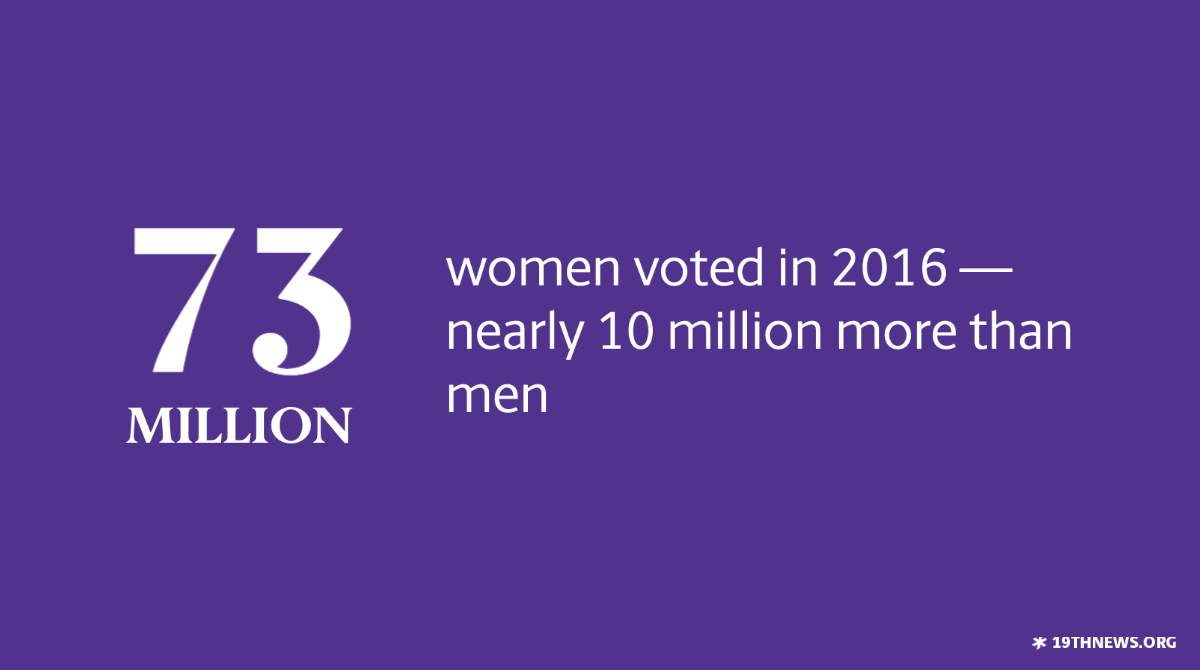
In a vote sharply divided along party lines, Judge Amy Coney Barrett was confirmed Monday night as President Trump's third nominee to the Supreme Court.
From @marielpadilla_: 19thnews.org/2020/10/amy-co…
From @marielpadilla_: 19thnews.org/2020/10/amy-co…
2/ Barrett can begin working as early as Tuesday morning, but she is likely to hear her first arguments next Monday when the court returns to the virtual bench. bit.ly/2G1PbfT
3/ In the coming months, the court is set to hear arguments on the Affordable Care Act (ACA), a law that has outsized implications for women and the LGBTQ+ community.
In the past, Barrett has written in favor of arguments to strike down the law. bit.ly/2RPb0BB
In the past, Barrett has written in favor of arguments to strike down the law. bit.ly/2RPb0BB
4/ Before the ACA's passage, health insurance plans could charge higher premiums based on someone's gender, and charged more based on people's medical history.
Without the ACA, cis women and trans people could have more expensive health insurance. bit.ly/2RPb0BB
Without the ACA, cis women and trans people could have more expensive health insurance. bit.ly/2RPb0BB
5/ The ACA is also the reason insurance plans must cover pregnancy-related medical services, contraception without cost-sharing and mental health care.
*️⃣ Cis women + trans people have higher rates of anxiety and depression, and are more likely to forego medication due to cost.
*️⃣ Cis women + trans people have higher rates of anxiety and depression, and are more likely to forego medication due to cost.
6/ Even beyond the ACA, observers across the political spectrum have pointed to Barrett's views on abortion and reproductive health in general.
A devout Catholic, Barrett signed an advertisement in 2006 calling to overturn Roe v. Wade. bit.ly/34OE8z3
A devout Catholic, Barrett signed an advertisement in 2006 calling to overturn Roe v. Wade. bit.ly/34OE8z3
7/ If Roe v. Wade were overturned, the legality of abortion would be determined by state legislatures.
Ahead of Barrett's confirmation, it's where abortion advocates were beginning to turn their attention, calling statehouses the "last line of defense." bit.ly/3k5BCuF
Ahead of Barrett's confirmation, it's where abortion advocates were beginning to turn their attention, calling statehouses the "last line of defense." bit.ly/3k5BCuF
8/ Many also view Barrett's confirmation as potentially harmful to LGBTQ+ people.
▪️ She previously said Title IX didn't justify letting transgender people use restrooms that match their genders.
▪️ She's given five paid speeches to anti-LGBTQ+ group Alliance Defending Freedom.
▪️ She previously said Title IX didn't justify letting transgender people use restrooms that match their genders.
▪️ She's given five paid speeches to anti-LGBTQ+ group Alliance Defending Freedom.
9/ Alliance Defending Freedom (ADF) has been labeled a hate group by the Southern Poverty Law Center.
The group's CEO, Michael Farris, attended Barrett's White House Rose Garden announcement event earlier this month. bit.ly/2TySGxn
The group's CEO, Michael Farris, attended Barrett's White House Rose Garden announcement event earlier this month. bit.ly/2TySGxn
10/ Across the nation, LGBTQ+ people are debating fast-tracking major life changes: weddings, gender-confirming medical care, legal name changes.
It's all in anticipation of what a 6-3 Supreme Court conservative majority could mean for them. bit.ly/30s4J3N
It's all in anticipation of what a 6-3 Supreme Court conservative majority could mean for them. bit.ly/30s4J3N
11/ The SCOTUS will likely have numerous opportunities in the coming years to weigh in on how institutions handle sexual misconduct, as a wave of lawsuits that stemmed from efforts by the Obama administration to prevent sexual assault on colleges wind their way up to the court.
12/ Advocates for sexual assault survivors worry that Barrett's record could foreshadow rulings that reduce protections for victims of assault by casting misconduct as a personal offense rather than an institutional issue. bit.ly/3mmG7lp
13/13 Amy Coney Barrett has maintained that her personal views won't influence her rulings.
More from @marielpadilla_: bit.ly/2G1PbfT
More from @marielpadilla_: bit.ly/2G1PbfT
• • •
Missing some Tweet in this thread? You can try to
force a refresh




